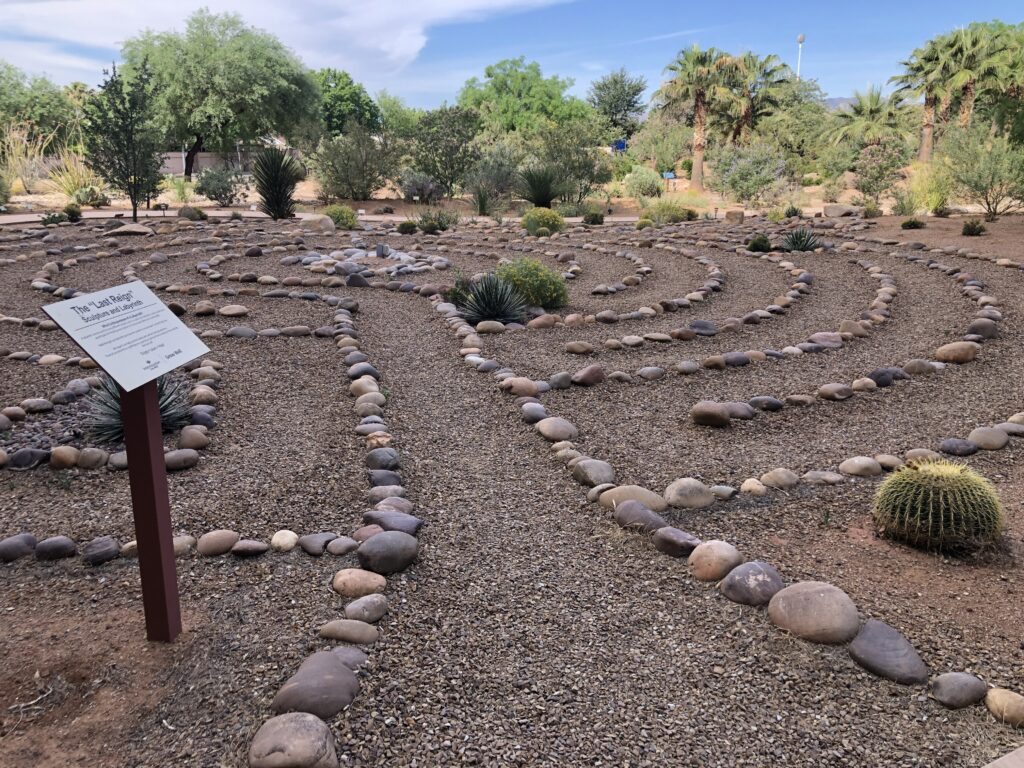
In this Black Lives Matter, George Floyd, pandemic moment, I want to reflect on the ways in which social justice work is spiritual work. The Black Lives Matter to Christ Facebook page held a Juneteenth fireside that focuses on the ways in which racial justice is a spiritual and religious issue, giving the perspectives of many Black LDS folks. In a recent podcast episode, Fatimah Salleh and Gina Colvin reflected on the disconnect between the values of Christianity and sins racism that many white Christians perpetuate in the United States and around the world. Fatimah and Gina spend time talking about the grief and disappointment that accompanies these experiences of racism.
When we do the inner work of confronting our own racism together with the outer work of dismantling oppressive systems, we might pause for a moment to reflect on where our motivations come from. I do this kind of reflective work to keep myself honest with myself and others and to show up with integrity. I ask myself the following questions:
Why am I doing this work?
What is my relationship with those who I am supporting?
Am I hearing, honoring, and amplifying the message of those I am supporting?
How do I feel about the work that I am doing?
Where do I feel God’s invitation in this work?
The answers to these questions are likely to change over time because spiritual work is a journey. Seven years ago, these questions seemed straightforward and uncomplicated. I did not understand the work or the difficulty and challenges it would bring. My answers to those questions reflected that ignorance.
Why am I doing this work? I am a good person.
What is my relationship with those who I am supporting? I am helping my friends.
Am I hearing, honoring, and amplifying the message of those I am supporting? Maybe?
How do I feel about the work that I am doing? Great!
Where do I feel God’s invitation in this work? I should post more on Facebook.
With six months of experience watching people discuss race and try to enact change, my responses to these same questions would have been different. I saw that white people tended to center themselves in social justice discussions, education, and activism. I wanted to do better, but I didn’t always know what that meant or looked like. I needed to educate myself beyond listicles and racism 101 articles.
Why am I doing this work? I would like to be a good person, but this isn’t feeling like a great answer.
What is my relationship with those who I am supporting? I’m not sure. I thought I knew, but now I’m seeing that it is more complicated than I originally thought.
Am I hearing, honoring, and amplifying the message of those I am supporting? Sometimes I get this right and sometimes I get this wrong. I see other people getting feedback on how they are doing social justice work and it feels harsh even when it is good feedback. Sometimes I don’t want to engage because I am afraid of getting it wrong, but that doesn’t feel right either.
How do I feel about the work that I am doing? Uncomfortable. I am learning and I feel that is good, but actually engaging in conversations about power, privilege, race, and opportunity are starting to make me see myself and my experiences in a different way. They are also opening up a world of experiences for people of color that I did not know existed. I often feel defensive and then I feel guilty for feeling defensive.
Where do I feel God’s invitation in this work? I feel like I learn the most when I can hear what people of color are saying in difficult conversations and focus on marginalized voices rather than white responses. I think that God’s voice comes through these marginalized voices. I need to hear more of that.
Today, I find that my answers to these questions are now quite different. Education has helped me understand that my motivations impact the way in which I engage racial justice work. I recognize my ability to do harm in the process of working toward justice.
Why am I doing this work? I want to uphold the dignity, humanity, and worth of Black people.
What is my relationship with those who I am supporting? I am a white, middle class, cisgender, bisexual, married to a man, former Mormon, ordained in Community of Christ, woman who wants to engage in anti-racism work to dismantle systems of oppression that harm Black people who, like me, hold many different kinds of identities in conjunction with their racial identity. My whiteness gives me tremendous privilege in our society and when I am trying to support someone with a different racial identity, I need to understand that my whiteness requires me to listen. I understand that white women have played an important role in perpetuating racism in our communities and need to remain conscious of that dynamic. I understand that individual Black folks may never be able to trust me as a white woman, but I am committed to racial justice anyway.
Am I hearing, honoring, and amplifying the message of those I am supporting? This is a question I now ask myself every time I post on Facebook or social media or answer a question. I make mistakes, but I now see this as an important criteria for what I am sharing and try to keep this question foremost in my mind.
How do I feel about the work that I am doing? Every day it is uncomfortable and I am starting to recognize different kinds of discomfort and what those feelings are telling me. I don’t like engaging white people who push back against the existence of racism, but I am trying to do this more often and commit myself to these conversations.
Where do I feel God’s invitation in this work? I feel an invitation to educate myself and educate other white people about racism. I must continually work to undo my own internal racism so that I can be an effective educator.
This is not the end of my journey. I will keep asking these questions and I hope that you will join me in this reflective spiritual practice.


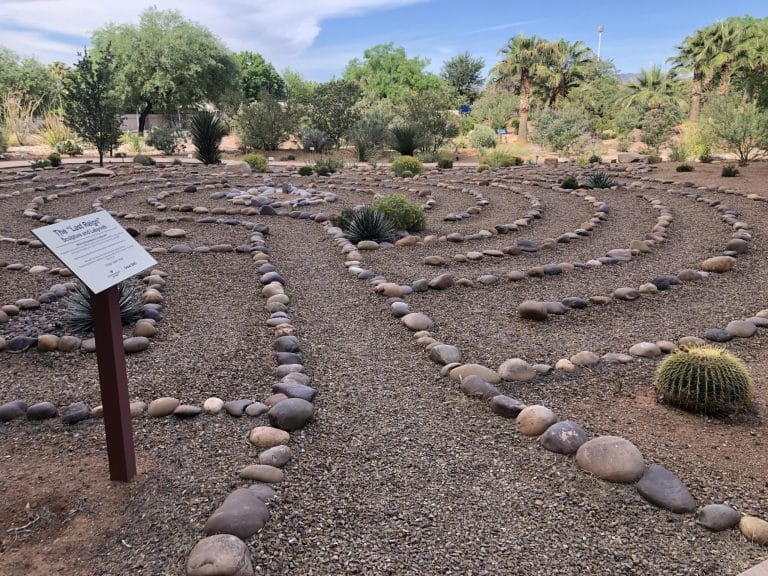
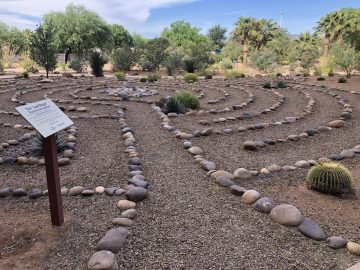
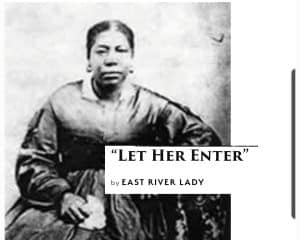
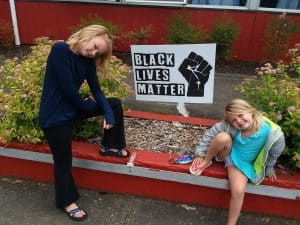

5 Responses
Nancy, Thanks so much for this post and for sharing your journey with these questions. I love seeing how your answers have evolved. These are definitely questions I want to spend time with too. I’ll be returning to this post again and again.
These are great hard questions. Some of them I had an instant answer I felt good about. Others I don’t really know how I could do better. But I do think checking in to see your own growth is an important spiritual practice.
Oh my goodness! This is such a good way of framing these questions. As I have taken a step back from being a social justice warrior on social media, I realized that in trying to educate others about marginalized folx, I was avoiding doing my own inner work while also working at the persona I was trying to show everyone that I was a “good person” when I was actually so full of self-loathing.
As I do my inner work, I am starting to again find those feelings of communion with God that I felt as a Young Woman and in my 20’s. It came at such a high cost, and it took years for me to say this, but I feel like that inner work might have been worth the cost.
Thank you, Nancy, for showing your growth. It is a vulnerable place to be, and I am honored to work and make mistakes and build community with you.
Great questions, Nancy. And hard ones. Thanks for sharing how your answers to them have changed with time and your moving perspective.
I particularly appreciate this line in one of your last answers: “I understand that individual Black folks may never be able to trust me as a white woman, but I am committed to racial justice anyway.”
This makes a ton of sense to me. I’ve come around to realizing this with any marginalized group I hope to support. This is a little tangential, but I’ve realized it most clearly as I’ve tried to be supportive of feminism as a man. I understand that I’m always going to be at least a little suspect because of that, and I’ve gotten better with time at accepting it and not always having to make it be about me.
Thanks for this, Ziff. I do think that your willingness to show up anyway, over years, has helped you build credibility in the Mormon feminist community. I can point to a thousand examples of where it has gone wrong for others. I think that all of this speaks to the need for long-term commitment to causes and communities we care about.